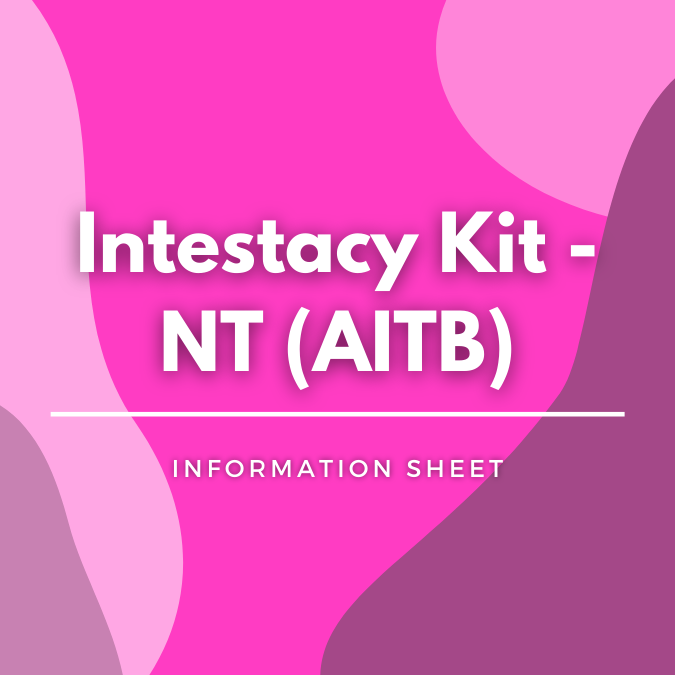Tasmania Proposes to Introduce Registration for Intangible Cultural Heritage

Since 2019, the Tasmanian Government has been looking at reforms to the cultural heritage laws in Tasmania. It announced its intention of releasing draft new laws in 2024 and says that those new laws will recognise and allow registration of ‘intangible cultural heritage’.
What is intangible cultural heritage?
Intangible cultural heritage refers to those parts of cultural heritage that are ‘intangible’, or not in physical form. This includes stories, songs, dance, knowledge, ceremonies and language. Where the cultural heritage is that of Aboriginal and Torres Strait Islander peoples, that intangible heritage is also referred to as ‘Indigenous Cultural Intellectual Property’, or ICIP.
Is intangible cultural heritage already protected?
Cultural heritage laws in Australia generally focus on physical cultural heritage, such as places and objects. In Tasmania, the main law protecting cultural heritage is the Aboriginal Heritage Act 1975. This legislation provides protection to physical ‘relics’ and to sites on which relics are located.
Australia does not have specific laws that protect ICIP generally. Victoria’s heritage laws provide protection for intangible cultural heritage that is registered. It is designed to protect certain intangible heritage from commercial exploitation. Other laws, like copyright or confidential information, can be useful to give some protection to ICIP. However, they are not designed for this purpose and can be inconsistent with Aboriginal and Torres Strait Islander cultural laws and protocols regarding the control and use of ICIP.
What reform is happening in Tasmania?
The Aboriginal Heritage Act 1975 was recently reviewed by the Department of Primary Industries, Parks, Water and Environment (see the 2021 Review Report, and the Government’s Tabling Report response). The Tasmanian Government accepted that the Act was out of date, did not provide effective mechanisms for protection, and did not adequately consider the significance of Aboriginal heritage in the context of Aboriginal culture.
In 2022, the Tasmanian Government released a Consultation Paper – A new Aboriginal Cultural Heritage Protection Act – High-level Policy Directions – that outlined proposed new Tasmanian cultural heritage legislation.
In December 2023, the Minister for Aboriginal Affairs released an update on the preparation of new Aboriginal cultural heritage legislation. That update summarised a number of the proposed changes. An exposure draft is expected to be released in 2024.
What has the Tasmanian Government said about intangible cultural heritage?
The Tasmanian Government has said that the definition of ‘Aboriginal Cultural Heritage’ in the new legislation will recognise intangible Aboriginal cultural heritage. It has also said that Aboriginal cultural heritage will be recognised and valued through a formal registration process that will include public consultation and assessment. Details have not been released.
The Tasmanian Government has previously said that the new legislation would not specify management provisions for intangible cultural heritage. It said that these were best left to the realm of intellectual property laws. It therefore remains to be seen what practical effect and protections registration of intangible cultural heritage will have in Tasmania. Other questions to be answered include how the registration process will respect secret and sacred information, and who will be responsible for the control of the register (will it be self-determined?).
What is happening with intangible heritage in other parts of Australia?
The Federal Government, as part of its National Cultural Policy, announced in 2023 that it was committed to working with First Nations people to establish stand-alone legislation to recognise and protect First Nations traditional knowledge and cultural expressions. The work would be founded on the following ten principles for respecting ICIP: ‘respect, self-determination, consent and consultation, interpretation, cultural integrity, secrecy and privacy, attribution, benefit sharing, maintaining First Nations culture, and recognition and protection’, (referring to Dr Terri Janke’s True Tracks principles). The Federal Government is considering ratifying the UNESCO 2003 Convention for the Safeguarding of Intangible Cultural Heritage. The Federal Government is also more broadly reviewing Australia’s Cultural Heritage laws with the First Nations Heritage Protection Alliance.
Queensland is also considering reforms to its heritage legislation in relation to intangible cultural property. The December 2021 Options Paper proposed to amend the definitions to recognise intangible aspects of cultural heritage.
What is Arts Law doing?
Arts Law’s Fake Art Harms Culture advocacy campaign calls on the government to tackle the problem of fake ‘Indigenous’ arts and craft being sold in Australia. Arts Law has long advocated for the protection of ICIP, and is closely monitoring policy developments regarding the protection of ICIP. Arts Law has and will continue to make submissions on these issues and encourages First Nations artists and organisations to engage with these discussions on a national and state level.




